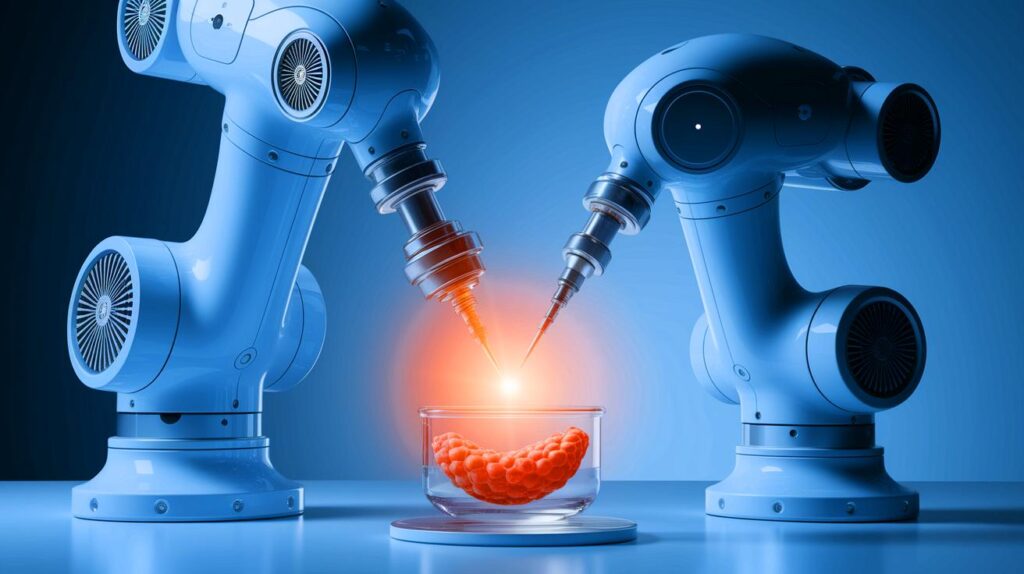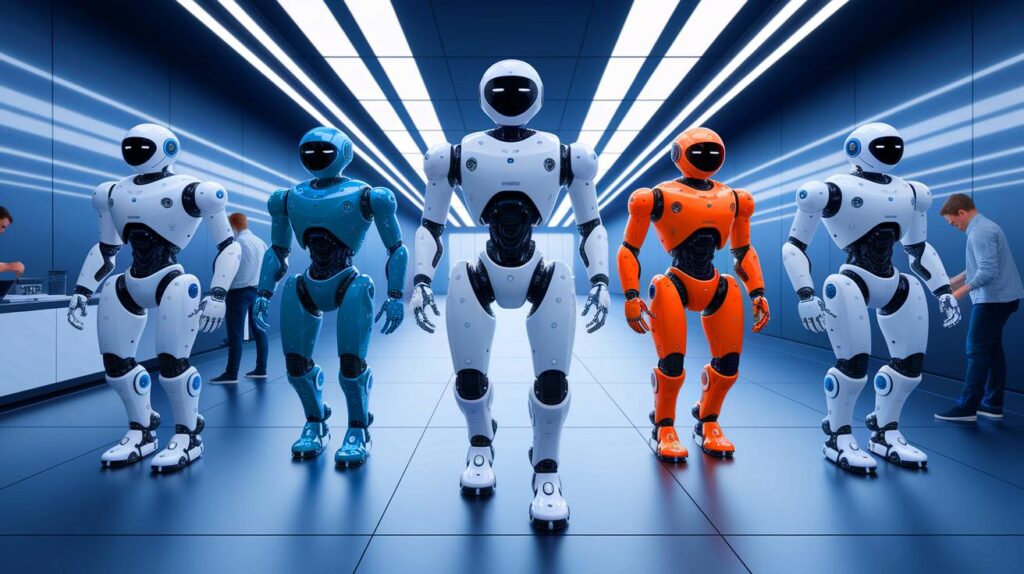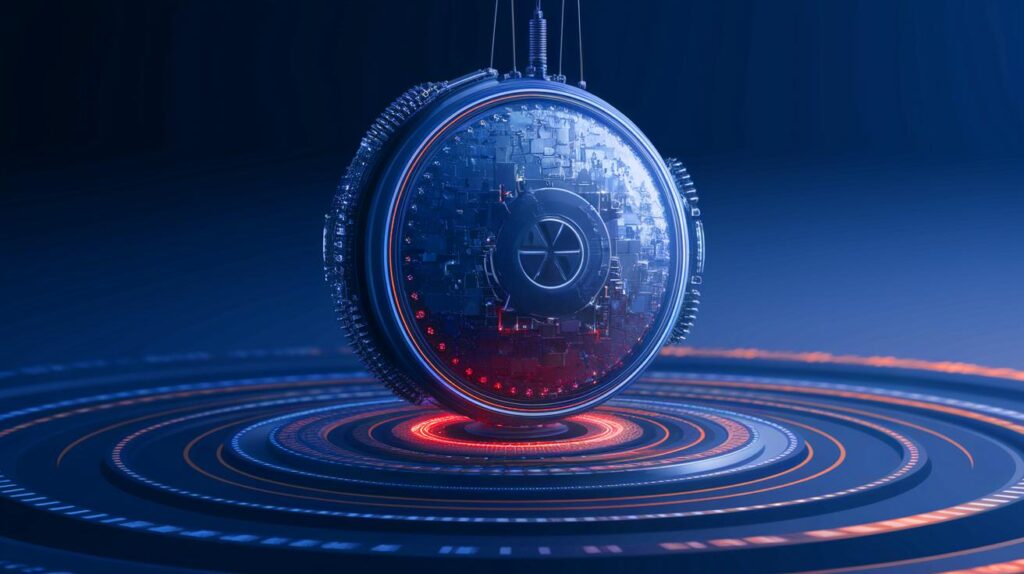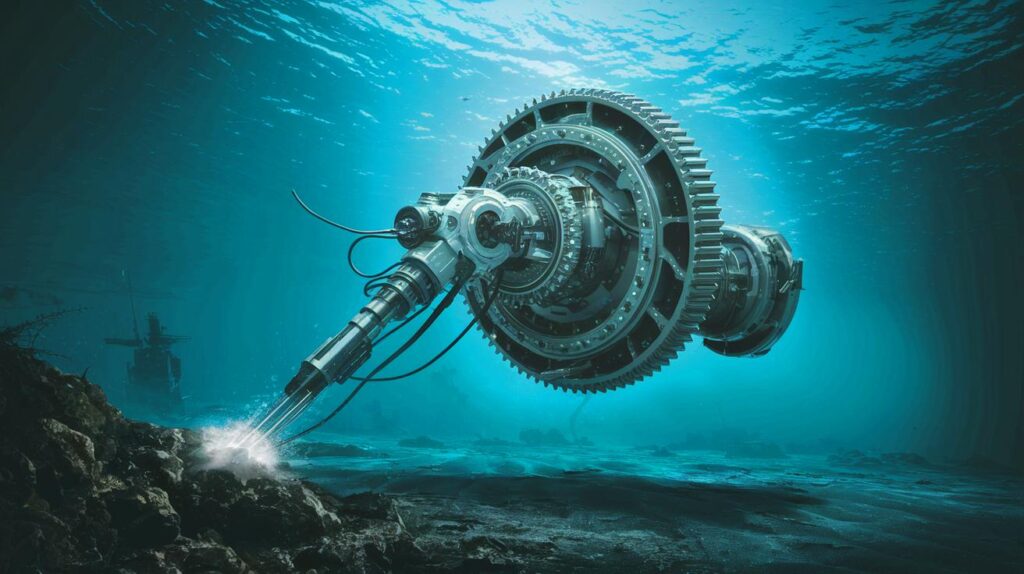| IN BRIEF |
|
Assisted fertility is currently experiencing a major turning point thanks to technological advancements. A baby has been born after a fully automated and digitally controlled intracytoplasmic sperm injection (ICSI). This progress represents a significant advancement in the field of in vitro fertilization (IVF), where automation and artificial intelligence (AI) are redefining clinical practices. By utilizing modern robotic and AI systems, this new technology promises to improve precision, efficiency, and consistency of results, while also reducing operator stress.
Technological Advancements in Assisted Reproduction
The automated ICSI system integrates modern robotics and AI technologies to perform the most delicate tasks involved in micro-injection. Thanks to advanced algorithms, AI not only manages the injection but also employs lasers to precisely immobilize selected sperm and guide them into the egg with unmatched precision compared to human hands. This automation represents a transformative solution that promises to enhance accuracy, increase efficiency, and ensure consistent outcomes, according to Dr. Jacques Cohen. In the study leading to this historic birth, a 40-year-old woman who had previously failed an IVF attempt participated. Five donor eggs were fertilized using the automated ICSI system, while three served as controls for a manual ICSI performed by clinic staff.
Automation in IVF Laboratories
AI maintained total control over every stage of ICSI, although innovations in embryo culture, cryopreservation, and even sperm selection and injection have already been automated in many fertility labs. Even at these pilot stages, the success paves the way for new efforts with the potential for clinical trials and future large-scale implementation. With AI, explains Professor Mendizabal-Ruiz, the system autonomously selects sperm and precisely immobilizes their midsection with a laser, preparing them for injection and executing this process rapidly and accurately beyond human capability.
Impact on Clinical Practices and the Future of IVF
As IVF laboratories continue to integrate automation in the assessment, storage, and fertilization of embryos, the birth of this child represents a major turning point. This not only proves that fully automated fertilization is possible but also provides a glimpse into the future of precision-focused fertility care. AI and automation promise not only to enhance IVF success rates but also to make the process more accessible and less reliant on human expertise. This automation could potentially reduce costs and make these treatments more accessible to a greater number of couples worldwide.
Ethical and Social Implications
With the emergence of these technologies, ethical and social questions inevitably arise. The implications of automation in human reproduction spark debates about the potential dehumanization of the conception process and the impacts on parenthood. Societies will need to adapt to these changes and consider regulatory frameworks to ensure these technologies are used ethically. Healthcare professionals, ethicists, and policymakers must collaborate to guide the integration of AI into human reproduction while respecting societal values and norms.
As the story of the baby born through automated ICSI continues to captivate the medical community, it also raises important questions. How will societies adapt to this new era of AI-assisted reproduction, and what will be the long-term implications for humanity?







